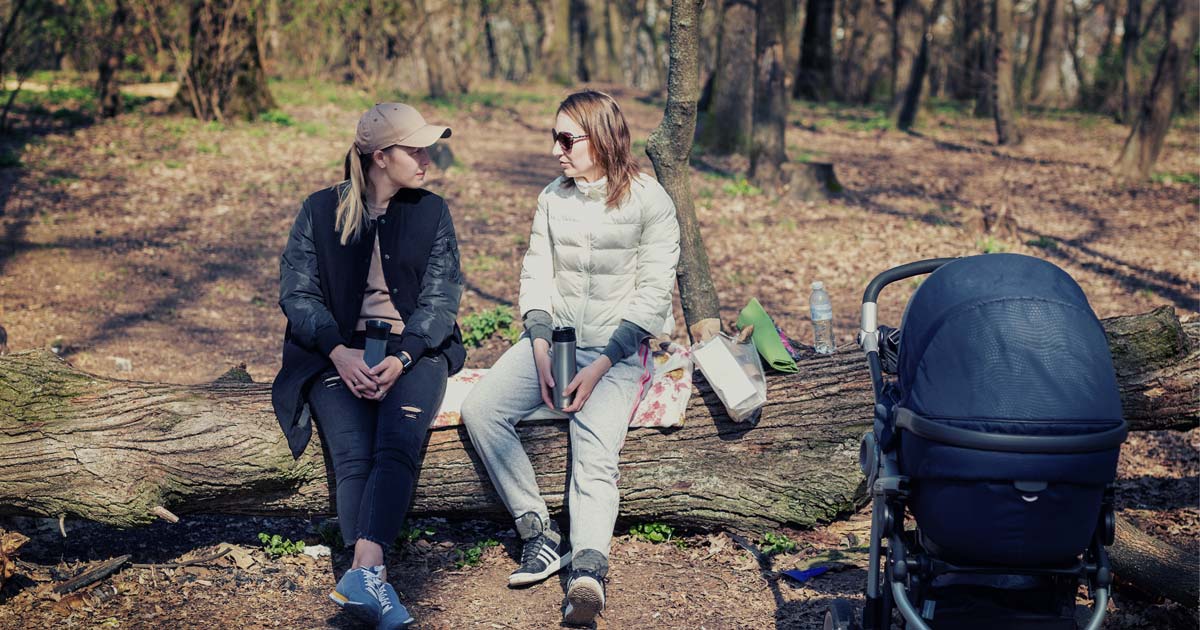
Tag: binge drinking

Encouraging someone to drink less alcohol
You might be impacted by the drinking of someone you love, and you want them to address their drinking. This takes courage and thoughtfulness.

The risky drinking culture of Aussie sports
It’s complicated – that’s how many Australian’s describe their relationship between alcohol and sporting events

Breast cancer helped me break free from a 30 –year binge drinking habit
55 Days into her alcohol-free journey , Kath Elliott was getting showered and ready for work when she discovered a large lump in her right breast. Two days later Kath was diagnosed with breast cancer at the age of 46.

Shell’s alcohol-free journey
After a regretful night involving alcohol and the authorities, Shell decided to seek support to help get on top of her relationship with alcohol. The journey involved quite a few twists and turns.

Finding myself
Other than one unfortunate incident at the end of year 11 involving Southern Comfort and a ruined Guns N’ Roses t-shirt (from vomiting all over it), I didn’t really engage with alcohol until after I’d left school. $5 buckets of vodka and lemonade amongst friends was how I spent a Friday or Saturday night every

Key learnings from my recent alcohol slip – getting ready for festive season
In early November, I hit a milestone of 300 days alcohol free. I felt surprisingly flat. The festive season was approaching and continuing to abstain from alcohol felt harder than it ever had before. Not drinking alcohol day-to-day didn’t bother me, it was just the social gatherings and celebrations which I was starting to find






